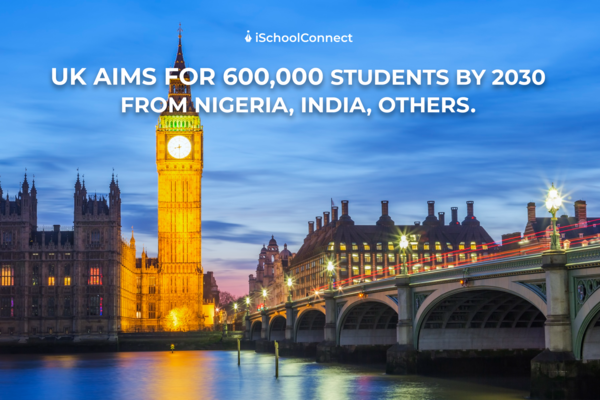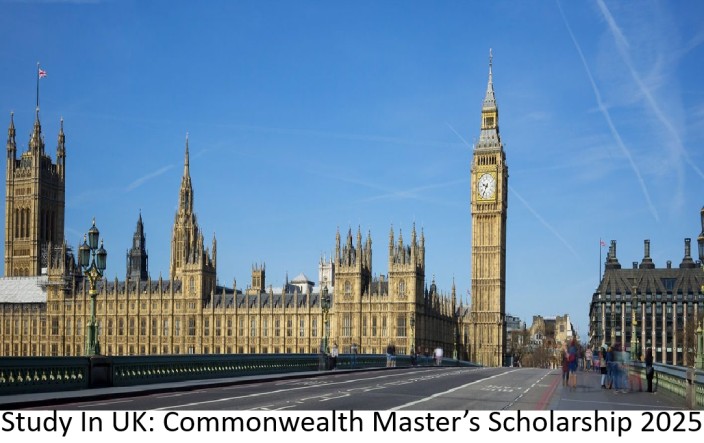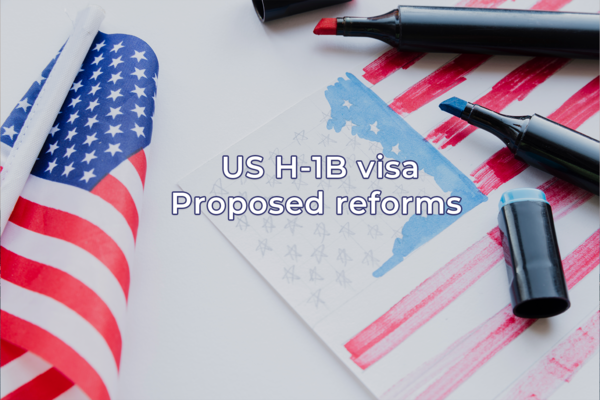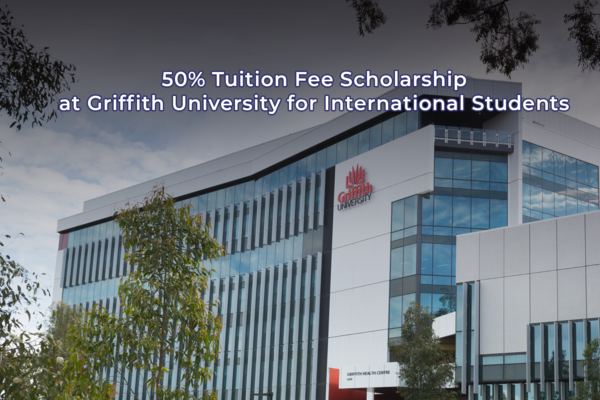Table of Contents
Why is the UK targeting 600,000 students from Nigeria, India, and others by 2030?
The United Kingdom, recognizing the pivotal role education plays in economic development, is intensifying efforts to bolster its international student population. With a keen eye on socio-economic growth, the UK government aims to welcome 600,000 international students annually by 2030 with the help of UK study visa for international students, focusing particularly on countries like Nigeria, India, and Vietnam. This ambitious endeavor aligns with the government’s strategy to leverage education exports for economic prosperity. Enhancing the UK’s “soft power” through global networking and reputation.
What initiatives are being implemented?
Recent data indicates that the UK has already surpassed its yearly target for international student enrollment in 2020-21 and 2021-22, reflecting the effectiveness of ongoing initiatives to promote UK study visa for international students. To sustain this momentum, universities are actively recruiting overseas students, despite challenges posed by stricter migration rules and accusations of lowered academic standards for recruitment purposes. Despite concerns over staffing shortages in crucial sectors like nursing. The overall rise in international student applications underscores the attractiveness of UK universities on the global stage.

Where do the financial incentives lie?
The economic benefits of hosting international students are substantial, with a single year group estimated to contribute £41.9 billion to the UK economy. While domestic tuition fees remain capped, international students can be charged significantly higher amounts. This provides a vital source of income for universities grappling with financial pressures. However, concerns loom over the sustainability of this revenue stream, particularly amidst rising costs and political pressures against migration.
When can we expect changes?
Despite a recent surge in international student enrollment, uncertainties persist, exacerbated by geopolitical tensions and the aftermath of the COVID-19 pandemic. The implementation of new regulations, including restrictions on bringing family members and escalating tuition fees. This may further impact student mobility under the UK study visa for international students. With universities already grappling with financial strains and labor disputes. The road ahead remains challenging as they navigate a rapidly evolving landscape.
In conclusion, the UK’s endeavor to attract 600,000 international students by 2030 signals a strategic move towards harnessing the transformative power of education for economic growth. However, the journey ahead is fraught with complexities, requiring proactive measures to address financial sustainability, regulatory challenges, and geopolitical uncertainties. As universities adapt to changing dynamics. Collaboration between stakeholders will be vital in realizing the shared goal of fostering a globally competitive education sector. Supported by initiatives like UK study visa for international students.






